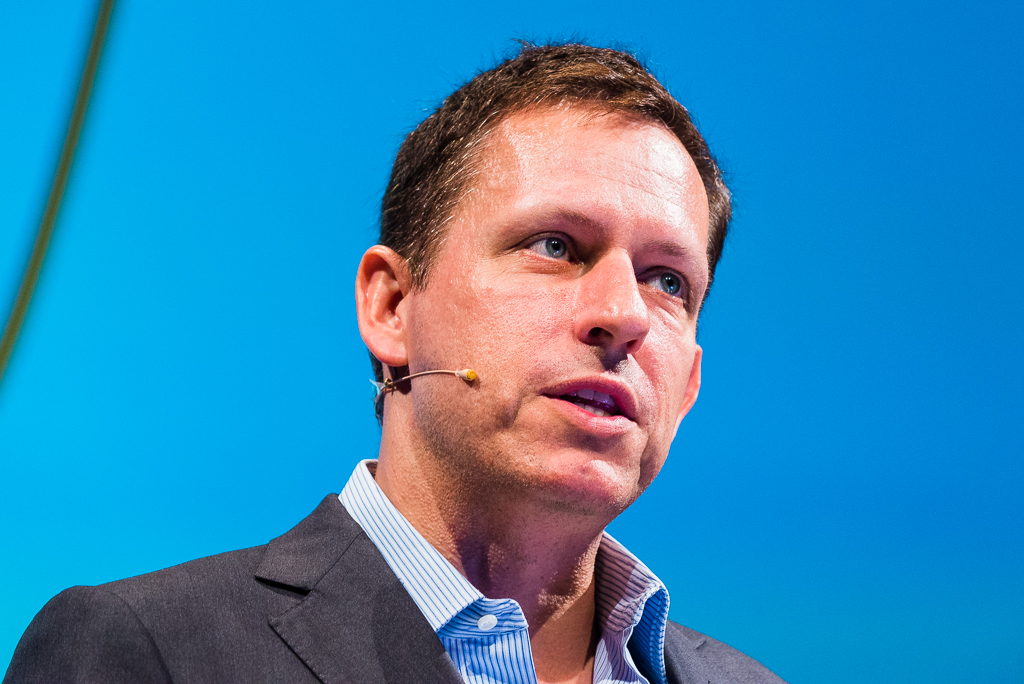Peter Thiel-backed psychedelics startup ATAI Life Sciences to raise $100 million in IPO to transform the $225 billion mental health market

Between 2009 and 2019, spending on mental health care in the United States increased by more than 50%, reaching $225 billion, and a Lancet Commission report estimates the global economic cost will reach $16 trillion by 2030. While current treatments, such as selective serotonin reuptake inhibitors, or SSRIs, and serotonin-norepinephrine reuptake inhibitors, or SNRIs, are well established and effective for certain patients, a significant percentage of patients either respond inadequately or relapse, translating to a significant unmet patient need.
ATAI Life Sciences is a startup developing psychedelic and non-psychedelic compounds for various mental health indications. Using decentralized, technology- and data-driven platform, ATAI is redefining how the world approaches, prevents, and heals mental health disorders.
Early this month, we wrote about Peter Thiel-backed psychedelic startup after it took a majority stake in a brain-computer interface startup Psyber. Now, the Munich, Germany-based ATAI is ready to go public. According to the S-1 filing submitted to the Securities and Exchange Commission on Tuesday, ATAI is planning to raise $100 million in an initial public offering.
Backed by PayPal co-founder Peter Thiel, ATAI was founded in 2018 by Christian Angermayer, Florian Brand, Lars Christian Wilde, and Srinivas Rao. ATAI leverages a decentralized, technology- and data-driven platform model to serve millions of people suffering from mental health disorders. ATAI is also researching Hallucinogenic plants like mushrooms. Since its inception three years ago, ATAI has raised a total of $362.3 million from private investors.
ATAI’s filing also revealed the effect of COVID-19 on the mental health of Americans and why the mental health industry continues to grow. “Mental health disorders such as depression, substance use disorder, or SUD, and anxiety, which are among our initial focus indications, are highly prevalent and estimated to affect more than one billion people globally,” ATAI wrote.
The company continued: “Additionally, it is expected that more than 50% of the U.S. population will be diagnosed with a mental health disorder at some point in their lifetime, with increasing incidence ascribed to the COVID-19 pandemic. Those suffering from mental health disorders have higher mortality rates than the general population and often experience decreased quality of life as a result of emotional, behavioral, or physical manifestations. In addition, the total costs of mental health disorders are significant and expected to increase substantially.”

